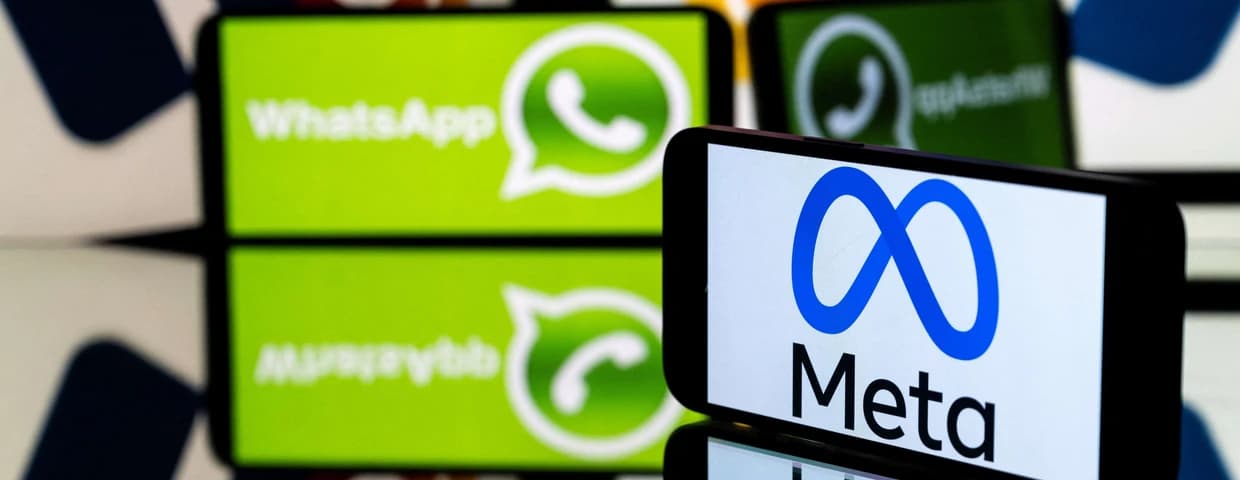
Meta Wins Landmark US Antitrust Battle Over Instagram, WhatsApp Deals
Federal judge rejects bid to unwind acquisitions, delivering Big Tech a major victory and a significant setback for the FTC.
Meta Platforms has prevailed in a major US antitrust case after a federal judge rejected government efforts to force the company to divest Instagram and WhatsApp, ruling that Meta does not hold a monopoly in social media.
The decision marks the first clear win for Big Tech since US antitrust scrutiny intensified during Donald Trump’s presidency, and represents a major blow to the Federal Trade Commission, which is also pursuing a high-profile monopoly case against Amazon. The FTC had sought to compel Meta to restructure or sell Instagram and WhatsApp, arguing the multibillion-dollar purchases were designed to neutralise emerging rivals.
Following the ruling, Meta’s shares trimmed earlier losses and were down just 0.3% at $599.95 in late afternoon trading. “Our products are beneficial for people and businesses and exemplify American innovation,” a Meta spokesperson said, adding that the company would continue to work with the U.S. administration.
The FTC expressed disappointment, with spokesperson Joe Simonson stating the agency was “reviewing all our options.”
Facebook acquired Instagram in 2012 and WhatsApp in 2014. Although the FTC did not challenge the deals at the time, it sued in 2020, claiming the company—then known as Facebook -- held a monopoly over platforms used for sharing content among friends and family. It argued Meta’s closest competitors were Snapchat and smaller app MeWe, distinguishing them from platforms such as X, TikTok, YouTube and Reddit, where users broadcast to wider audiences.
During an April trial, the FTC cited internal comments including a 2008 email in which CEO Mark Zuckerberg wrote that “it is better to buy than compete.” Meta countered that the agency had ignored strong competitive pressure from TikTok, YouTube and Apple’s messaging ecosystem, and defended acquisitions as a legitimate business strategy.
U.S. District Judge James Boasberg sided largely with Meta, finding the FTC had defined the market too narrowly and failed to account for major shifts in social media usage. He noted evidence showing users frequently switch between TikTok, YouTube and Meta’s platforms, especially during service outages. TikTok, he said, posed such a threat that Meta invested $4 billion last year in developing Reels.
Boasberg ruled that excluding TikTok from the FTC’s market definition weakened the case to the point of collapse. “Even if YouTube is out, including TikTok alone defeats the FTC’s case,” he said.
The FTC criticised the ruling, pointing out that Boasberg is currently facing calls for impeachment -- an effort backed by some Republican lawmakers after criticism from former President Trump.
The Meta case forms part of a wider US crackdown on Big Tech, including Department of Justice actions against Google and a separate case against Apple.
For any enquiries please fill out this form, or contact info@thelawreporters.com and Follow The Law Reporters on WhatsApp Channels